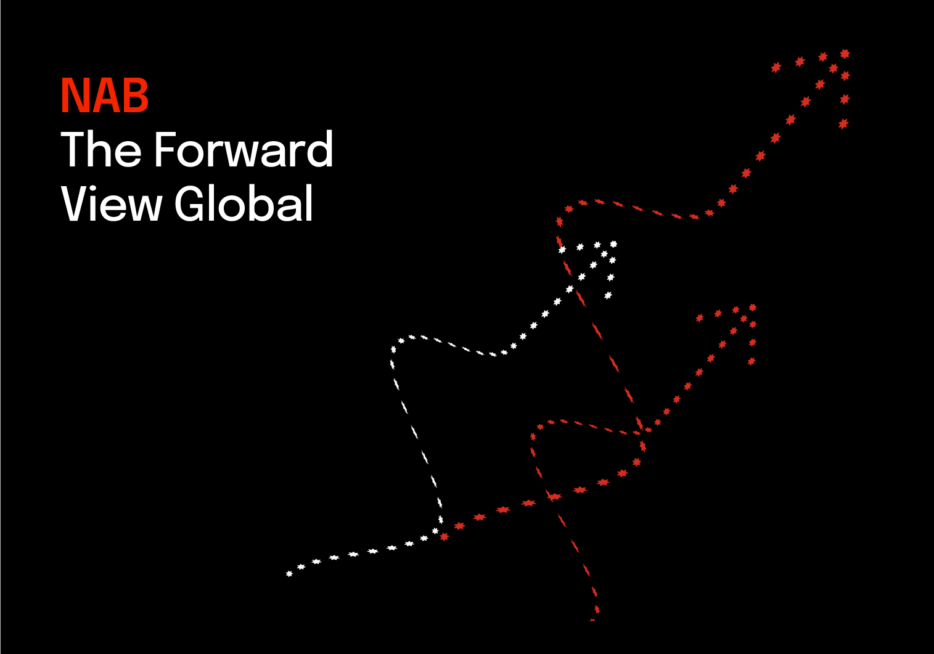Our global forecasts are unchanged and we continue to expect soft global growth of only 3.0 to 3.1% between 2024 and 2026.

Insight
Our wellbeing is up, but Australia lags behind the UK and we're still time poor with some of us willing to pay up to $131 for an extra hour in our day.

Australian wellbeing rebounded in the June quarter after falling to a survey low earlier in the year, with the latest NAB Wellbeing Index rising 2.6 points to 65.3 in Q2. The result is unchanged from the same period last year.
The overall improvement in wellbeing was driven by higher levels of happiness, life worth and life satisfaction. This was however partly offset by higher anxiety.
For the first time, NAB compared Australia’s wellbeing levels to those of the United Kingdom. NAB’s Index is based on responses to four questions developed by the UK Office of National Statistics, allowing for a comparison between the two countries on wellbeing data back to 2014.
NAB Head of Behavioural & Industry Economics, Dean Pearson, said that despite Australia’s higher ‘liveability’ status, self-reported levels of wellbeing in Australia are noticeably lower than the UK, particularly in regards to anxiety.
“While wellbeing in the UK has been steadily improving in recent years, there’s been little change in Australia. It’s unclear why Australians are reporting lower wellbeing than their UK counterparts, but NAB’s survey does reveal what Australians feel is detracting most from their wellbeing.
“Australians tell us that the single greatest detractor of their wellbeing is a lack of time, ahead of issues such as domestic violence, substance use/abuse, retirement funding, and buying, selling or finding a home,” said Mr Pearson.
NAB’s research also shows that young women (aged 18-29) report the lowest levels of wellbeing of any group. And while lack of time is the biggest detractor of wellbeing for Australians, it is particularly the case for young women.
In a separate report also released today ‘Time: How We Use it and How We Value It’, NAB asked over 2,000 Australians to take a closer look at time – where we’re gaining and losing time, how we use it day to day, what we would do if we had more time, and how much would we pay for it.
The research clearly shows that we all think our time is valuable. But, there are differences in regards to the time pressures we feel and how much stress this causes.
People who said they are under the most time pressure are young and middle aged people, people with children and high income earners. And, the greater your time pressures the more stress you feel.
“On average, we’re spending less time on holidays, leisure activities away from home (e.g. eating out and at the movies), with friends, sleeping, travelling on public transport and except for young people, on social media,” said Mr Pearson.
“But, we’re also spending more time on household chores, responding to emails, at home (e.g. watching TV and reading) and caring for/spending time with our family.”
The research also shows that women (especially young women) spend more time on household chores and other activities.
“Women aged 18-29 spend on average around 10 hours more per week on household duties such as housework, preparing meals and organising children, than men. While this gender gap appears to narrow as we age, women are still doing a lot more around the home than men,” he said.
NAB also asked Australians to consider how much money they would pay to “buy” an extra hour of time for themselves a day.
On average, Australians would pay $68 for just one more hour of time in a day. Some of us would pay even more – young women the most ($131), followed by middle aged men ($100).
“It’s perhaps no coincidence that young women would pay the most, given they are under most time pressure and most time stressed of any age group,” said Dean.
“The fact that middle-aged men would also pay substantially more than the average Australian also makes sense given they spend more time working and commuting than any other age group.”
Some Australians have found another way to get back more of their time. “Almost 1 in 5 people told us they outsource daily tasks to have more time for themselves.”
The most commonly outsourced tasks are house cleaning, gardening and general maintenance and car washing. Other less common outsourced tasks include preparing meals and washing/ironing.
“Of course, while most of us cannot afford to simply outsource daily activities such as housework, Australians need to take a closer look at how they are spending their time and where it is being wasted,” said Mr Pearson.
“Every time we have to wait in a queue, or are put on hold, stuck in traffic, or even have to assemble something we have purchased, we lose time.
“And, the more we value time, the more pressure will be placed on businesses and Governments to make our interactions with them simpler and faster.”
Among other key findings:
For further information, please see the below documents:
© National Australia Bank Limited. ABN 12 004 044 937 AFSL and Australian Credit Licence 230686.